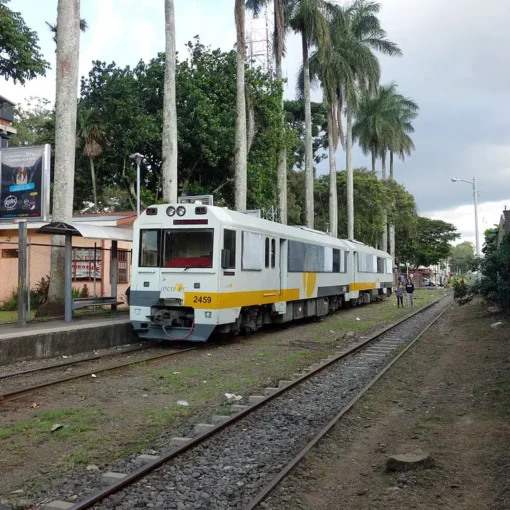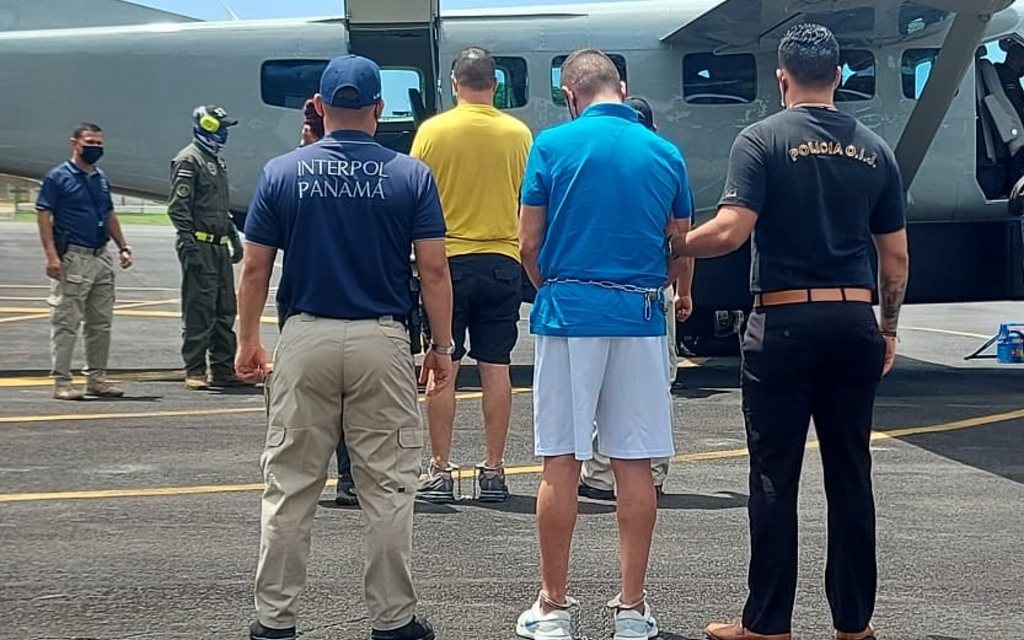When President Nayib Bukele announced the construction of “Bitcoin City”, the first “bitcoiner” metropolis in the world, Corbin Keegan left his life in Chicago and decided to leave for El Salvador. Two and a half years later, he is still waiting for the project to become a reality.
Sitting in a hammock, drinking coffee, Keegan speaks about his dream of being the first inhabitant of “Bitcoin City” in the courtyard of a modest fisherman’s house in Playa Blanca, in the municipality of Conchagua – 200 km east of San Salvador-.
In Chicago (north-central United States) he did not have a steady job, driving trucks or working on farms, so he did not hesitate to pack his bags when in September 2021 he heard the news that the dollarized Salvadoran economy would become the first on the planet to have bitcoin as legal tender.
“It was automatically on my radar as the place I want to be,” says the 42-year-old American in English, surrounded by chickens pecking at their food in the yard.
They called him crazy
There isn’t even a brick laid yet for the “Bitcoin City“. And according to a survey by the Central American University (UCA) released in January, the virtual currency – highly volatile (its price fluctuated between 16,000 to 45,000 dollars in 2023) – is not popular among Salvadorans: 88% did not use it in their transactions last year.
But the government does not seem to abandon the idea and plans to finance construction with part of the funds it obtains from the issuance of about $1 billion in bitcoin bonds, which it aims to carry out in the first quarter of 2024.
Keegan, who has a father and brother in the United States, recalls that ten years ago people took him for “crazy” when he said that one day a country would adopt the cryptocurrency as currency.
On the beach everyone calls him “The Gringo“. With pale skin and thin, he always wears a T-shirt, shorts, flip flops or casual comfortable shoes.
There he was welcomed by a fishing family who allowed him to build a small concrete brick and tin roof room, 6 m2, in their backyard.
A handyman
“We decided to adopt him” as part of the family, says 44-year-old María Antonia de Carballo, owner of the land.
Her husband, 40-year-old fisherman Luis Carballo, argues that Keegan, a lover of seafood and beans, is a “handyman.” One day he goes out in a boat to fish offshore and another day he helps a neighbor prune a tree or raise a wall.
For this, the American receives symbolic payments in dollars that serve him to buy food and other basic products. “He has already given us love as a family, he says that we are his family,” said the fisherman, whose house is surrounded by private beach ranches.
In Playa Blanca nobody uses the cryptocurrency, and when Keegan needs more money he gets on a rickety motorcycle he bought to go to the city of Conchagua, about 20 km away, to take money out of an ATM that accepts bitcoin and dollars. For the American, who does not like to talk about his investment in cryptocurrency, “bitcoin is the future of the world.”
And although he says he is looking at opportunities “everywhere,” he is convinced that “Bitcoin City” will become a reality. So much so that he is looking for a Salvadoran wife, although he has already suffered heartbreak in these two years in the country.
“It’s going to happen here. It will be the first bitcoin city. I’ll wait. I’ll wait as long as it takes,” he says hopefully.
Source link
AFP



